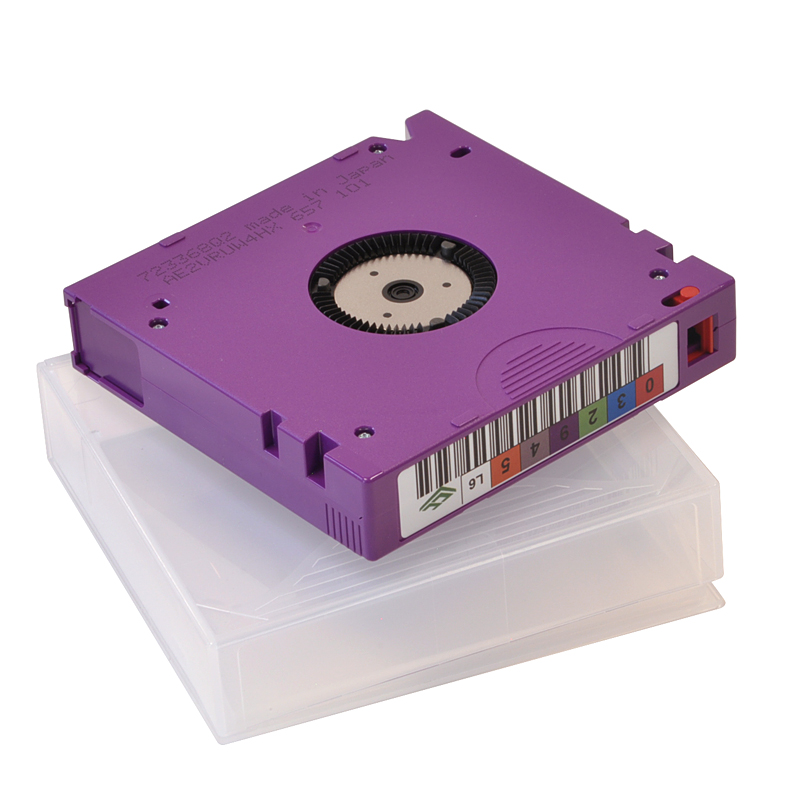Tape backups have played an important role for decades. In this article, we go over some of the benefits and drawbacks of backing up on tape.
The oldest magnetic storage medium, tape offers a number of benefits over on-site hard disk and solid-state solutions. As with any form of storage media, tape has evolved over the years, and might still be beneficial. Tape cartridges are not susceptible to physical damage in the way that a hard disk drive (HDD) is. HDDs have a limited lifespan, and can’t be stored long-term; their intricate moving parts are not meant to withstand more than about five years. Additionally, the flash memory cells utilised by solid-state drives (SSDs) can leak charge over time, although they’ll typically last much longer than HDDs. Tape, however, can be stored for many years without media degradation. While you do need to watch out for excess heat and humidity, properly maintained tape drives can store data safely for decades. Tapes are also incredibly portable, as well as easy to store. Formats like LTO-6 allow businesses to back up enterprise-level systems without taking up large amounts of space. After backing up data to tape cartridges, they can be easily moved to an offsite location. Because tape backups are stored online, they are protected in the event of a ransomware attack on a business, which are becoming all too common. If the backup isn’t connected to the internet, cybercriminals can’t access your data. Many tape formats offer encryption for advanced security, keeping your data safe in the event of theft.
Tape is also incredibly scalable. You can very easily scale up your backup by buying new tape drives; if you want to scale up a hard disk backup, you need to buy additional hardware. This brings us to the next advantage of tapes – the low cost. Compared to hard disk or cloud backups, tape drives are incredibly affordable, offering a much lower cost per gigabyte - the lowest of any storage medium, in fact. Tapes also use less electricity than drives, although some consider the cost benefits of this reduced energy usage as minimal.
However, that doesn’t mean tape is the perfect backup format by any stretch. Magnetic tape is a sequential access device, and has no addressing mechanism. This makes them slower to access data than random access devices, such as HDDs. With hard disk storage, the controller can find the data quickly, and SSDs are even faster. While some tape formats do allow for relatively fast access to files, no tape format offers true ransom access to data. If you think of a cassette tape: you need to fast forward and rewind to get to the track you want to listen to. If you want to go from the final track to the first, you have to rewind the tape. As mentioned above, while tapes do have a much longer lifespan than HDDs and SSDs, they’re not invulnerable to physical and environmental damage. Tapes must be kept in the correct environment, away from high sources of heat, humidity and strong magnetic fields. However, with proper processes, these factors can be minimised.
